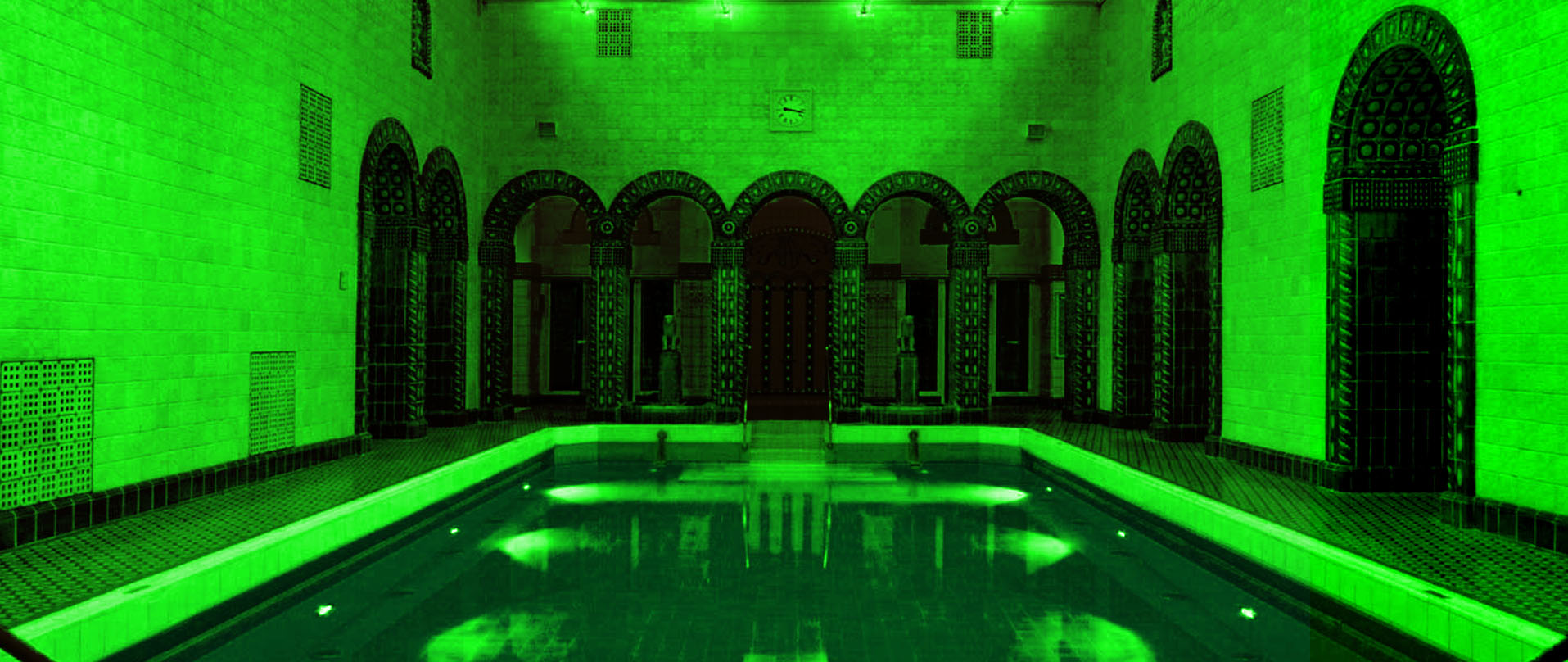Symposium: The Other Queers
For a long time, queer cinema, queer art, queer activism, even queer life, were considered as existing predominantly in the “West” and, in Central and Eastern Europe (CEE), as well as Central Asia (CA), thus imported after the end of socialism. While the truth is, non-heteronormativity and queer cinematic images have always been part of the cultural landscape on Europe’s “periphery”. As part of this year’s Cinema Archipelago motto UN:RECOGNIZED the curators Jasmina Šepetavc and Yulia Serdyukova bring together marginalized yet rebelliously vital queer artistic images from the different CEE and CA countries, while engaging critically with the concept of “Eastern/post-socialist queerness”: What is it exactly? Is it an imitation of “Western” frameworks or something different, multiple, potentially disruptive? In lectures, discussions, an exhibition, a performance, four feature-length films and five short film programs, artists, filmmakers, activists and scholars explore their unique kinds of queerness in the temporal dimensions of the past, present and future. As diverse as they are, all program items of the symposium draw from the potential of queer art to imagine different, better and more just futures and societies.
Short film programmes
PRECARIOUS JOY
POSTSOCIALIST TIME SLIPS
POST-YUGOSLAV QUEERNESS
NAKED BODIES, BARED SOULS: QUEER FEMINIST PORN
RENEGADE JOY TILL THE END OF THE WORLD: QUEER / SUBVERSIVE CINEMA FROM UKRAINE
More information on the short film programmes can be found here.
Lectures & Discussions
Museum Wiesbaden Fr, 26.04. until Sun, 28.04.
in English
Admission free
FRIDAY 26.04.
10:00 – 11:00 LECTURE
Memory, Resistance and (In)Visibility: Queer Cinema in the Region of Former Yugoslavia
with: Anamarija Horvat (UK)
11:30 – 13:00 PANEL DISCUSSION
Queer Art, Film, and Activism: A Look from Our Side
with Galka Yarmanova (Ukraine/Deutschland), Tea Hvala (Slowenien), Antonija Stojanović Almesberger (Kroatien)
Moderation: Mariam Agamian (Ukraine/Deutschland)
SATURDAY 27.04.
10:00 – 11:00 LECTURE
Queering the Yugoslav Fifties
with: Nebojša Jovanović (Bosnien-Herzegowina)
11:30 – 13:00 PANEL DISCUSSION
Queer Archives and Festivals as Memory Agents
with: Augustas Čičelis (Litauen), Viktorija Kolbešnikova (Litauen), Olena S. Dmytryk (Ukraine/UK), Călin Boto (Rumänien)
Moderation: Jasmina Šepetavc (Slowenien)
SUNDAY 28.04.
10:00 – 11:00 LECTURE
Utopian Disidentifications – Pleasure, Critique and the Future in Queer Art
with: Katja Čičigoj (Österreich/Slowenien)
11:30 – 13:00 PANEL DISCUSSION
“This world is not enough”: Queer Utopianism as a Tool of Political Transformation
with: Ira Tantsiura (Ukraine), lucine talayan (Armenien), Ruthia Jenrbekova (Almaty/Wien), Ton Melnyk (Ukraine)
Moderation: Yulia Serdyukova (Ukraine)


